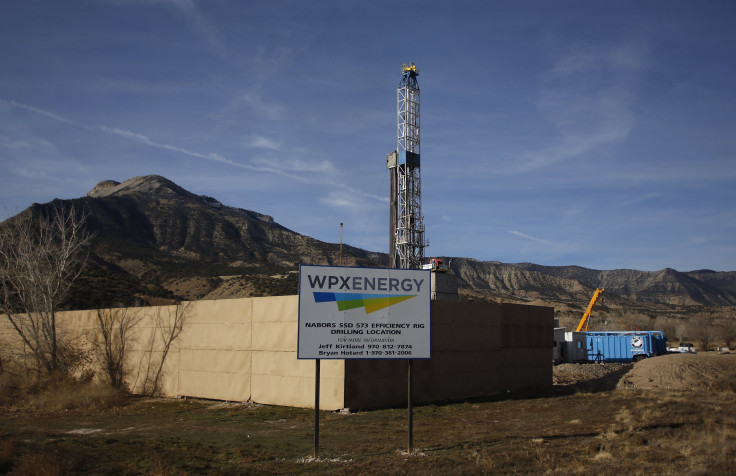Colorado Politics: Industry Power Continues To Distort State Policy | Opinion

The oil and gas industry had a problem in the state of Colorado. Earlier this year, Democrats used their 37-to-28 majority in the Colorado House of Representatives to pass legislation unfavorable to the oil and gas industry. Specifically, the bill required “oil and gas production facilities and wells” to be located at least 1,000 feet from the edge of school property and other high-occupancy buildings.
The state Senate voted on the legislation last week. On the day state senators began considering legislation, state documents reviewed by International Business Times shows a wealthy oil and gas board member wrote a check for $40,000 to the Colorado Republican Party’s super PAC. The donation was unsurpassed in generosity, from an industry that gave Colorado Republican senators almost three-quarters of a million dollars in their 2016 campaign.
Republicans used their one-seat majority to kill the proposed drilling safety legislation. Given that two Coloradans were killed last month when a well exploded 170 feet from their home, and a University of Colorado study had just found a possible connection between acute lymphocytic leukemia and nearby oil and gas activity, the trade-off between human safety risk and fundraising risk couldn’t have been starker.
But Republicans needed the money since they hold a narrow one-seat (18-to-17) majority in the state Senate. They need every dollar they can get to hold onto that majority in 2018. And the oil and gas industry has been a generous and trusted friend. They’re part of the team.
In Colorado or other states becoming a state senator entails extensive private fundraising. For Republicans, as for Democrats, particular groups and industries are reliable financial supporters of the party.
How many times have the Colorado Republican senators hummed along while industry representatives talk about a company’s wonderful safety record, or the creation of jobs, and the organizations’ crucial role in powering the state economy? How many times have they promised to be skeptical of “hysterical claims” by so-called “environmentalists”? After all, they know these executives. They’re on the team. And without their generous support, that one-seat majority sure looks dicey.
The alliance pays off quite well, especially for Republicans. The party is considerably more influential after Citizens United and McCutcheon court decisions deregulated the amount of money individuals and corporations poured into the political system. Republicans have benefited disproportionately well at the state level.
The way this money distorts and constrains political priorities is a problem.
There are only a limited number of potential partners capable of giving money. The private donations received by state donors limits the possibilities for alliances and therefore legislative priorities and positions. Colorado State Republicans will continue to defer to the oil and gas industry.
There is an alternative. Both Maine and Arizona use the public financing of elections for almost two decades, leading to higher rates of voter participation in elections and more interaction between lawmakers and their constituencies. New York City has considerably diversified its donor base with a 6-to-1 public matching for small donations. And Seattle is now implementing a promising voucher program, in which every citizen gets $100 to allocate to favored candidates. There are a range of options for cities and states tired of wealthy private donors having an outsize influence.
Donald Trump or Bernie Sanders used their national profile to raise small dollars for their campaigns. No-name state senators rely on interest groups with something at stake. Senators will keep going back to those limited high dollar donors without reforms to open public financing that empower small donors.
- Lee Drutman is a senior fellow in the political reform program at New America and the author of The Business of America is Lobbying.
© Copyright IBTimes 2024. All rights reserved.











